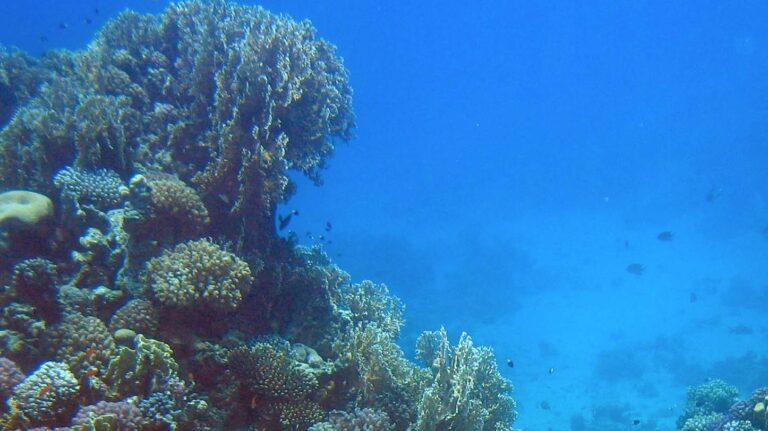Marine explorers have discovered a new coral reef in the south seas, described as being in a “pristine” condition.
The 3km reef sits 30m below the surface off the coast of Tahiti and is one of the largest ever discovered at that depth, according to the United Nations Educational, Scientific and Cultural Organization (Unesco), which led the mission.
The reef was found in November as part of a global mapping operation called the Seabed 2030 Project.
Coral reefs are highly vulnerable ecosystems, threatened by pollution, rising sea temperatures and carbon dioxide dissolving in the water.
UNUSUAL DEPTH
There are no signs that this newly-discovered reef had been damaged by those pressures, and Unesco’s Dr Barbiere told BBC News that the reef’s unusual depth was one reason it remained in such a good state, as deeper waters take longer to heat up.
Dr Barbiere said: “Generally we find reefs at shallower depths because the algae that lives within the bodies of corals needs light, But we’re in a part of the ocean that is [further] from land, so there is less sediment that ends up in the ocean here.”
Around 25% of the Earth’s marine species is found in coral reefs.



